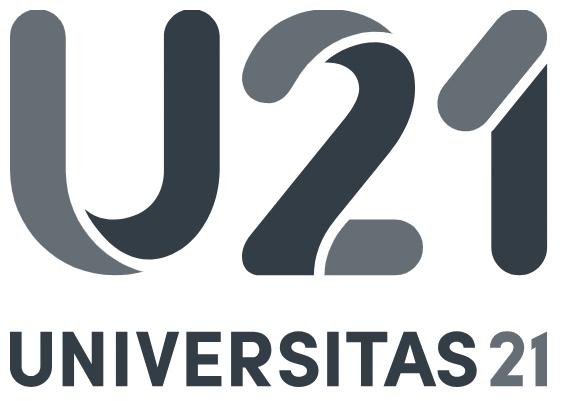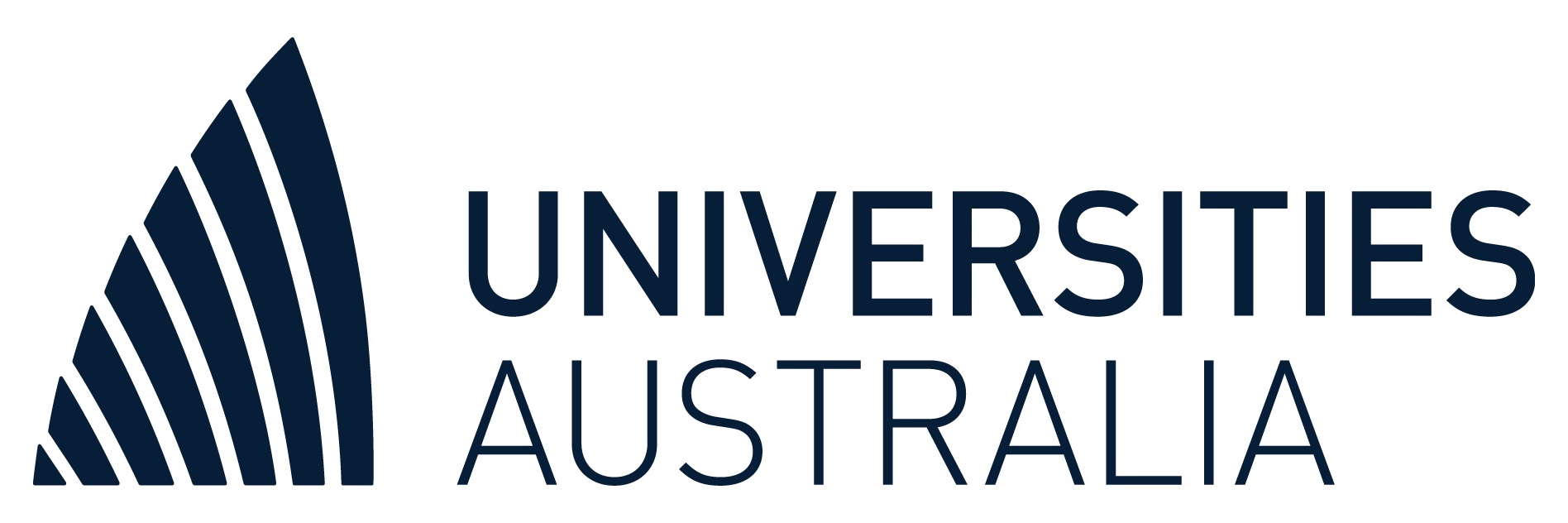
Status
Public University

World ranking
62

Students
Total: 55300
International: 35%

Programmes
Undergraduate: N/A
Postgraduate: N/A

Review rating
not yet
The University of Queensland first opened in 1909 in Brisbane, the capital city of the Australian state of Queensland. Today the university is home to nearly 55,000 students, including more than 20,000 international students across its six faculties:
- Business, Economics and Law
- Engineering, Architecture and Information Technology
- Health and Behavioural Sciences
- Humanities and Social Science
- Medicine
- Science
Research and teaching are undertaken on all campuses and managed by over 7000 high-qualified staff, including 180 UQ staff and emeritus professors are Fellows of Australia’s five learned academies, AAS, AAHMS, ASSA, ATSE, and AAH. The University delivers cutting-edge research and teaching with excellence in creating, preserving, transferring, and applying knowledge. The University is a hub for curious minds who is ready to innovate, research and explore. Also, eight globally recognised research institutes are included in the university:
- Australian Institute for Bioengineering and Nanotechnology (AIBN)
- Global Change Institute (GCI)
- Institute for Molecular Bioscience (IMB)
- Institute for Social Science Research (ISSR)
- Mater Research Institute-UQ (MRI-UQ)
- Queensland Alliance for Agriculture and Food Innovation (QAAFI)
- Queensland Brain Institute (QBI)
- Sustainable Minerals Institute (SMI)
The St Lucia campus is in Brisbane with a vibrant mix of majestic sandstone buildings and contemporary architecture, landscaped gardens and lakes and includes modern technological facilities, laboratories, lecture theatres, and Queensland’s largest research library (2.17 million book titles; 158,000 journals; An institutional repository, UQ eSpace, housing more than 363,000 items authored or co-authored by UQ-affiliated researchers; Extensive cultural and historical collections). This campus is close to various sporting facilities, museums, cafes, and those famous Jacaranda trees.
The Gatton campus is a rural campus that sits on a working farm. There are a large number of opportunities to develop in agriculture, environmental and veterinary sciences. The working farm includes 1000 hectares of dairy, pig, crop, grazing units, and post-harvest facilities and greenhouses.
The Herston campus is a hub for health teaching and research in Brisbane. This campus is a base for UQ’s Medicine and Public Health schools, the UQ Centre for Clinical Research, Oral Health Centre, and the School of Nursing and Midwifery research activities. The Royal Brisbane and Women’s Hospital and the QIMR Berghofer Medical Research Institute place on the campus and allow students to rub shoulders with high-skilled professionals.
At Brisbane and Queensland are located other significant facilities, such as Boyce Gardens, UQ Brisbane City, Customs House, Heron Island Research Station, Julius Kruttschnitt Mineral Research Center, Long Pocket, Medicine clinical units, and teaching hospitals, Moreton Bay Research Station, Pharmacy Australia Center of Excellence, Pinjarra Hills Research Facility, UQ seismograph stations, UQ Vets Dayboro.
The university offers many accommodation options, as on-campus as off-campus, and there is an online resource, UQ Rentals, that is available to students, staff, and partners. A very diverse and eventful University life manages various parties, performances, festivals, clubs, and societies. Also, the pride of University life is versatile museums.


